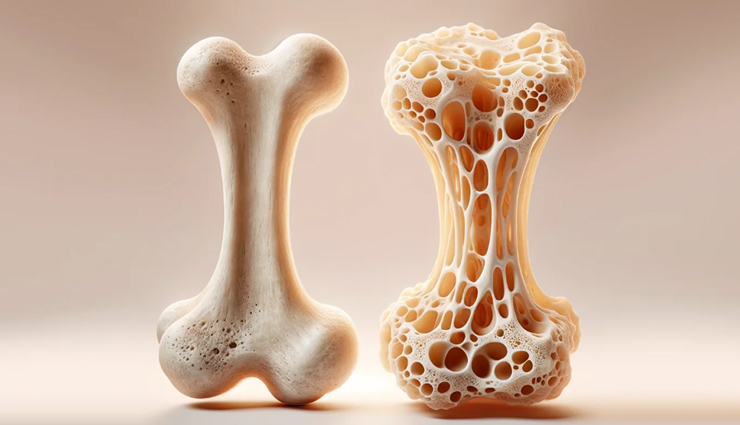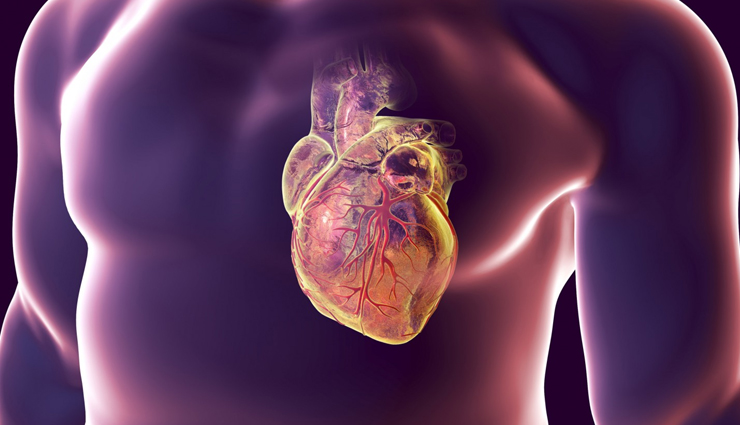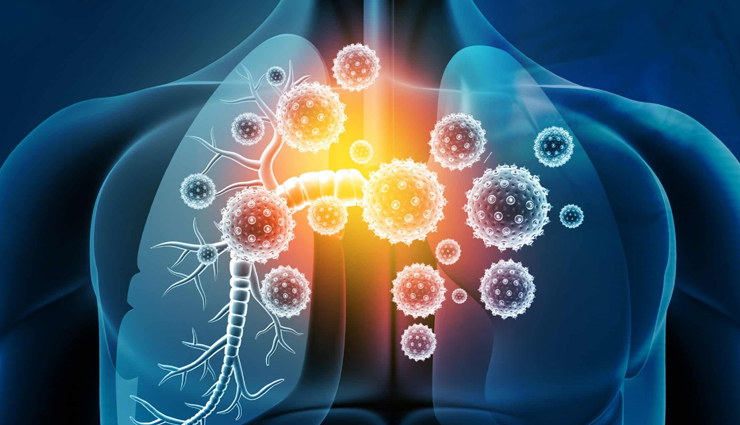- Home›
- Healthy Living›
- 8 Proven Health Benefits Of Drinking Milk
8 Proven Health Benefits Of Drinking Milk
By: Priyanka Maheshwari Tue, 09 July 2024 5:13:13

Milk is a nutrient-rich liquid food produced by the mammary glands of mammals. It serves as the primary source of nutrition for young mammals before they can digest other types of food. Human consumption of milk, particularly cow's milk, has been a dietary staple for thousands of years, valued for its rich nutrient profile. Milk is renowned for its health benefits, including:
- Supporting bone health due to its high calcium and vitamin D content.
- Providing high-quality protein for muscle repair and growth.
- Offering essential vitamins and minerals that support overall health and well-being.
While milk is a valuable food source, some individuals may experience lactose intolerance or milk protein allergies, requiring alternative dietary choices. Organic and hormone-free milk options are available for those concerned about additives and hormones.
In summary, milk is a versatile and nutritious food that plays a crucial role in diets around the world, providing essential nutrients and contributing to culinary traditions.
# Nutrient-Rich
Calcium: Essential for strong bones and teeth.
Protein: High-quality protein that supports muscle repair and growth.
Vitamins: Rich in vitamins D, B12, and riboflavin.
Minerals: Provides phosphorus, potassium, and magnesium.

# Bone Health
Calcium and Vitamin D: Help in the development and maintenance of strong bones.
Prevention of Osteoporosis: Regular consumption can reduce the risk of osteoporosis and fractures in later life.

# Muscle Health
Protein Content: Helps in muscle repair and growth, especially beneficial post-exercise.
Electrolytes: Potassium and magnesium help in muscle function.

# Heart Health
Potassium: Helps to maintain blood pressure levels.
Dairy Fats: Some studies suggest that dairy fats might be beneficial for heart health.

# Weight Management
Satiety: High protein content can help in feeling full, reducing overall calorie intake.
Low-Fat Options: Low-fat and skim milk options are available for those watching their calorie intake.

# Digestive Health
Lactose: Provides a source of energy for beneficial gut bacteria.
Fermented Milk Products: Yogurt and kefir can support a healthy gut microbiome.

# Skin Health
Vitamin A: Essential for skin health and repair.
Hydration: Helps in keeping the skin hydrated.

# Overall Health
Immune Support: Vitamins and minerals in milk support the immune system.
Energy Boost: Provides a good source of energy through carbohydrates, fats, and proteins.
# Considerations
Lactose Intolerance: Some people may have difficulty digesting lactose, the sugar in milk.
Allergies: Milk protein allergies can cause adverse reactions in some individuals.
Hormones and Antibiotics: Choose organic or hormone-free milk to avoid potential exposure to added hormones or antibiotics.





